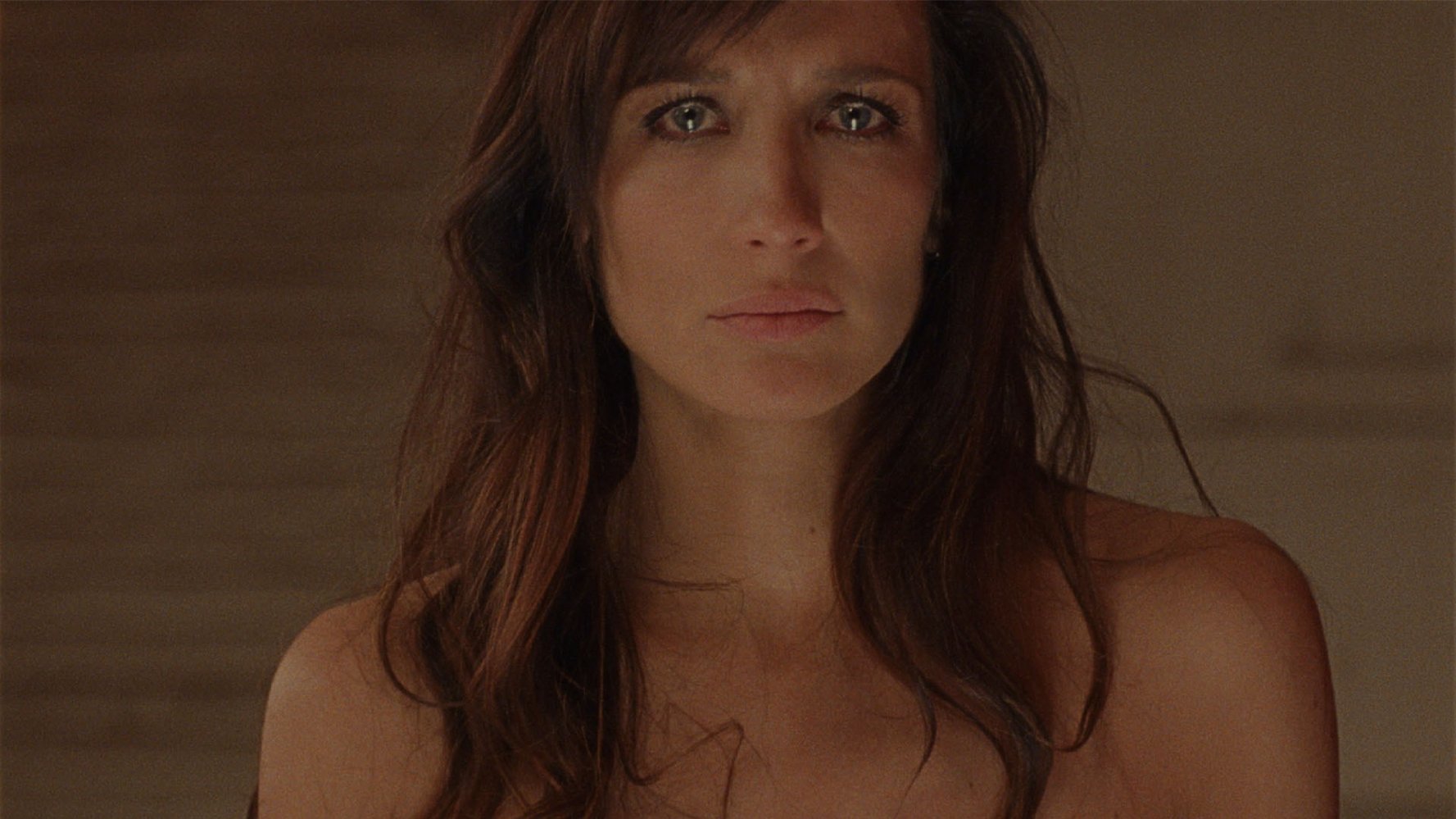Most Beautiful Island is arguably one of this year’s most striking film debuts, perfectly defying classification as a clear-cut genre film and yet undeniably one of the most tense and horrific films I’ve seen recently. Straddling that always fine line between art and exploitation, and succeeding at both, Most Beautiful Island is certainly a challenge to fans of either.
Ana Asensio is an actress making her directorial debut here, as well as writing the script and starring in the lead role. The film entirely revolves around a day in the life of her character Luciana, an undocumented immigrant in New York City, as she takes on increasingly demeaning work to make ends meet, ultimately finding herself centre of a dangerous game that may be her path to redemption.
 Most Beautiful Island is remarkably subversive for a film that is so simple and so seemingly straight-forward. For a film about the hard life of an undocumented immigrant, we’re not offered the angle we might expect – Luciana comes from a Western European country, escaping personal tragedy rather than war or persecution. In some ways, her plight might not immediately elicit sympathy in the same way as a more model, good immigrant might. And yet, her daily life is seen to be so unpleasant, unsatisfying and demeaning that it’s hard to imagine someone who would not sympathise on some level (admittedly, I’m a staunch lefty-liberal type, so I was easily won over).
Most Beautiful Island is remarkably subversive for a film that is so simple and so seemingly straight-forward. For a film about the hard life of an undocumented immigrant, we’re not offered the angle we might expect – Luciana comes from a Western European country, escaping personal tragedy rather than war or persecution. In some ways, her plight might not immediately elicit sympathy in the same way as a more model, good immigrant might. And yet, her daily life is seen to be so unpleasant, unsatisfying and demeaning that it’s hard to imagine someone who would not sympathise on some level (admittedly, I’m a staunch lefty-liberal type, so I was easily won over).
The tension that runs throughout the film gradually builds from banal to out-right terror, as we are given space to project our own fears and expectations of the danger into which Luciana is knowingly entering. There’s an obvious presumption about what horror lies behind the closed and guarded door Luciana finds herself stationed outside of alongside a dozen other scantily-clad women, and it’s to the film’s credit that it doesn’t necessarily take things where you expect them to go. When the film does reach its climax it’s simple, effective and genuinely horrific.
Chances are the film’s grainy, 16mm, verité shooting style won’t be to everyone’s taste, nor will its unresolved, art-house inflected ending. At a snappy 80 minutes, though, the stylistic choices of the film make perfect sense as well as, presumably, having made practical sense while shooting. Upon second viewing Most Beautiful Island brought to mind a film that is both quite a contrast in style and yet seems to tread a parallel path, that being The Bunny Game. Now, I don’t mean to set up wildly off-the-mark expectations – the films are very different to each other – but thematically and in some ways stylistically they’re recounting similar stories.
Most Beautiful Island is a film that’s well worth your time and attention, and certainly benefits from as little prior knowledge as possible. Ana Asensio has truly marked herself out as a filmmaking talent to watch with this intimate and genuinely frightening debut.
Most Beautiful Island is in UK cinemas and streaming now.
